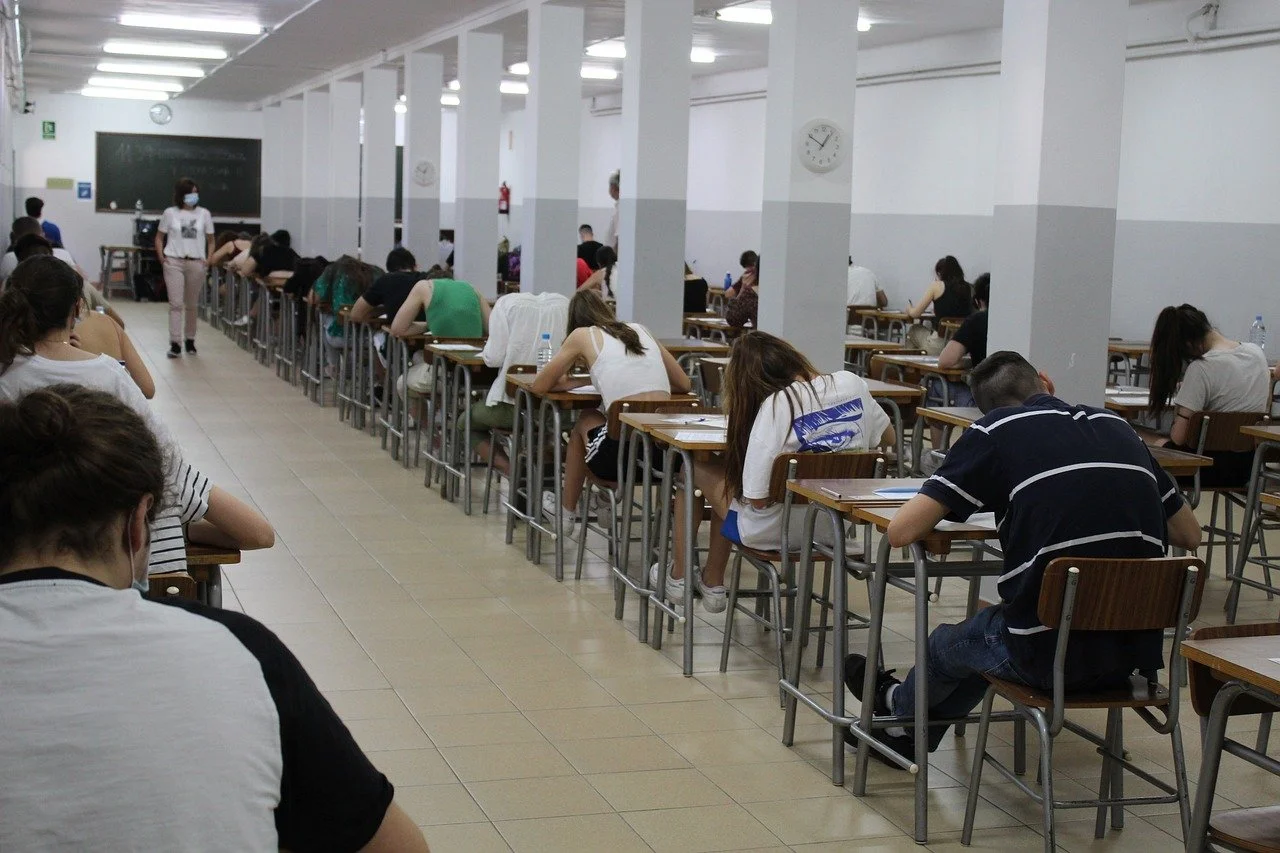In a previous blog post about retrieval practice, Cindy asked, is asking questions in class enough? She covered an experiment by Magdalena Abel and Henry Roediger (1) in which students studied Swahili vocabulary in a few different conditions. In one of those conditions, students graded …
All in Learning Scientists Posts
Improving Self-Regulated Learning
Self-regulated learning is particularly important in contexts like medical school where learners have to efficiently and independently learn large amounts of information. A recent study with medical students examined the effects of teaching about self-regulated learning and maintaining a learning diary on students’ self-regulated learning and course performance (2)
When is Retrieval Practice Most Efficient?
The research study I’m reviewing today tackles the issue of effectiveness vs. efficiency. In this series of studies, participants either received retrieval practice that was experimenter-controlled or the way that they wanted, which was typically to drop questions. Which one is better?
Notetaking Formats
One of the most common metaphors to describe what the first few years of medical school is like is that it is like drinking water from a fire hose. There is an overwhelming amount of information that students need to learn, and need to learn fast. One of the areas that I help medical students with is in improving their notetaking to help them manage the “fire hose” of information.
Spaced Practice and Working Memory
Even among the top effective, evidence-based study strategies that we write about, spaced practice is one of the best. Spaced practice is all about when you engage in practice. It is better to spread practice out over time, rather than massing (cramming). This is true whether you are reviewing …
The Potential Harm of Learning Styles
We have discussed the learning styles myth in different blog posts and you can find all of our posts in this topic here. Briefly, the idea of learning styles is that if you assess the learning styles in students and then match instruction accordingly…






